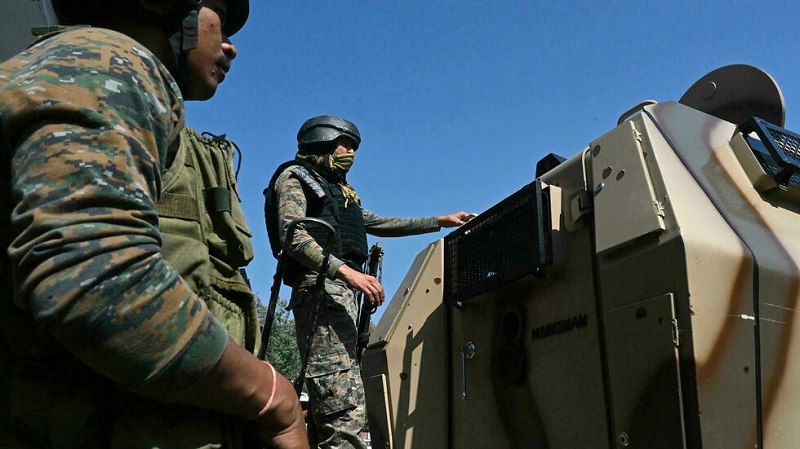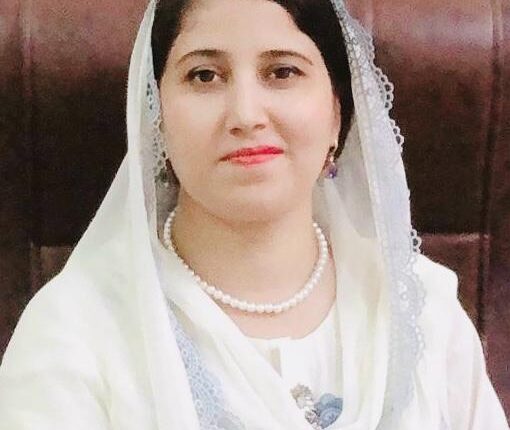An Indian news magazine said on Tuesday that the government had ordered the deletion of an online report that implicated soldiers in the torture and killing of civilians in India’s illegally occupied Jammu and Kashmir (IIOJK).
Human rights organizations say press restrictions are increasingly common in India and particularly burdensome in the IIOJK, a region where India has more than half a million troops permanently stationed.
Caravan, a monthly news and current affairs magazine, published an extensive report last week on the deaths of three civilians detained by the military in December following a deadly attack on soldiers.
The magazine said on Tuesday that the Ministry of Information had sent it an official order demanding that the story be withdrawn within 24 hours.
“The content of the order is confidential,” the magazine said in a post on X, formerly Twitter. “We will challenge this order.
Caravan did not respond to AFP’s request for comment. The Ministry of Information declined to comment.
The three men killed were part of a group rounded up by security forces after an attack in December that left three Indian soldiers dead.
The Indian military promised an investigation into those detained after reports of the deaths became public, while others who were taken into custody said they had been tortured.
Their accounts were corroborated by footage of some of the detainees being physically abused by security forces, which were soon after released and widely shared on social media.
Tens of thousands of soldiers, rebels and civilians have been killed since the freedom struggle against Indian rule broke out in 1989.
India accuses Pakistan of supporting “militants”, which Islamabad denies, saying it only supports Kashmir’s struggle for the right to self-determination.
Official orders to remove critical news and views have become an increasingly common tool of the Modi government.
The order against Caravan “reflected the growing censorship being imposed on Internet speech in India,” Prateek Waghre of the Internet Freedom Foundation, a local digital rights group, told AFP.
“We are seeing more cases of such actions for reporting which is inconvenient for the government,” he added.
Since Modi took office in 2014, India has fallen 21 places to 161 out of 180 countries in Reporters Without Borders’ World Press Freedom Index.







